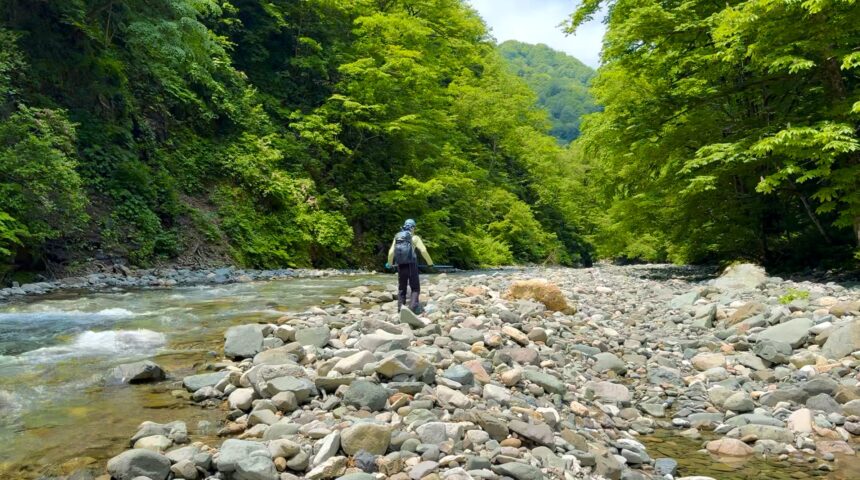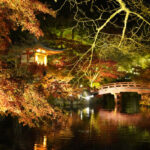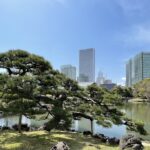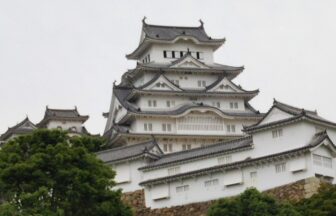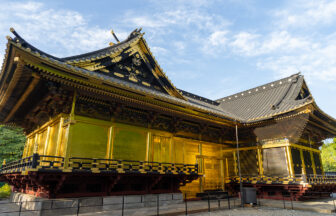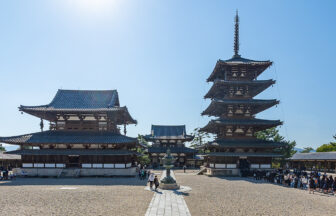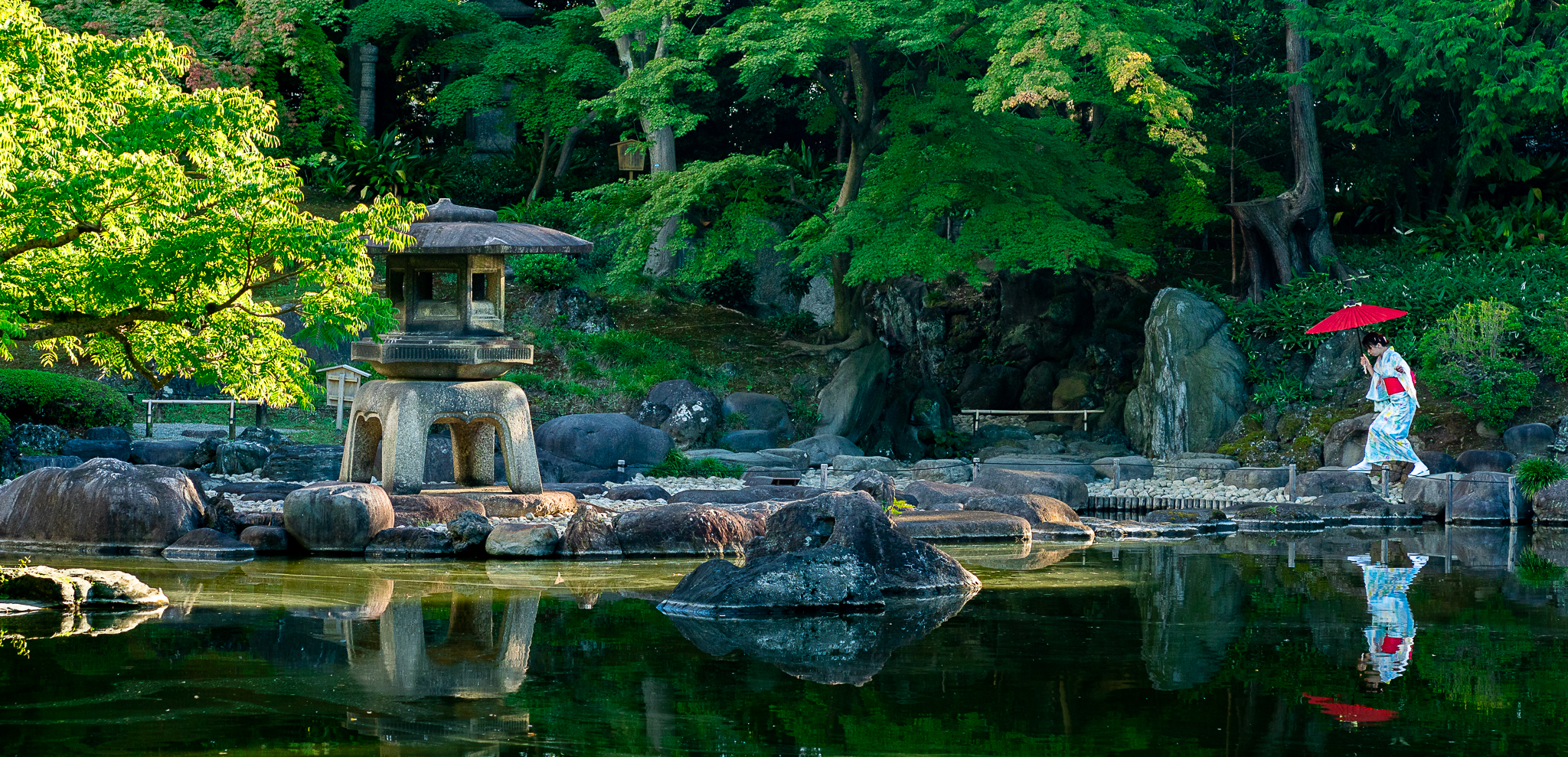Shirakami Sanchi, World Natural Heritage Site
Shirakami Sanchi is a vast mountain range extending over Akita and Aomori Prefectures. UNESCO designated part of Shirakami Sanchi as the 1st World Natural Heritage Site in Japan in 1993. The designated area consists of “core zone” and “buffer zone”. The former (about 10,000 ha) is a primeval forest predominated by Buna beech trees, big enough to keep its vegetation and diversity in ecosystem. The latter (about 7,000 ha) surrounds the core zone so as to ward off human intervention in the core zone.
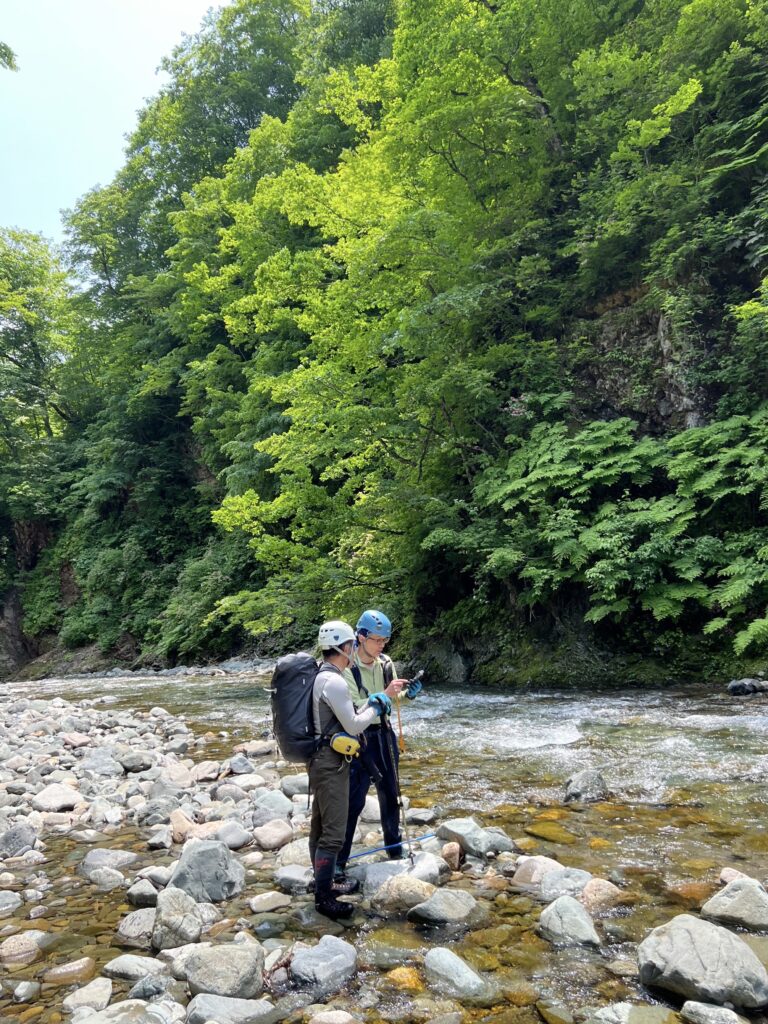
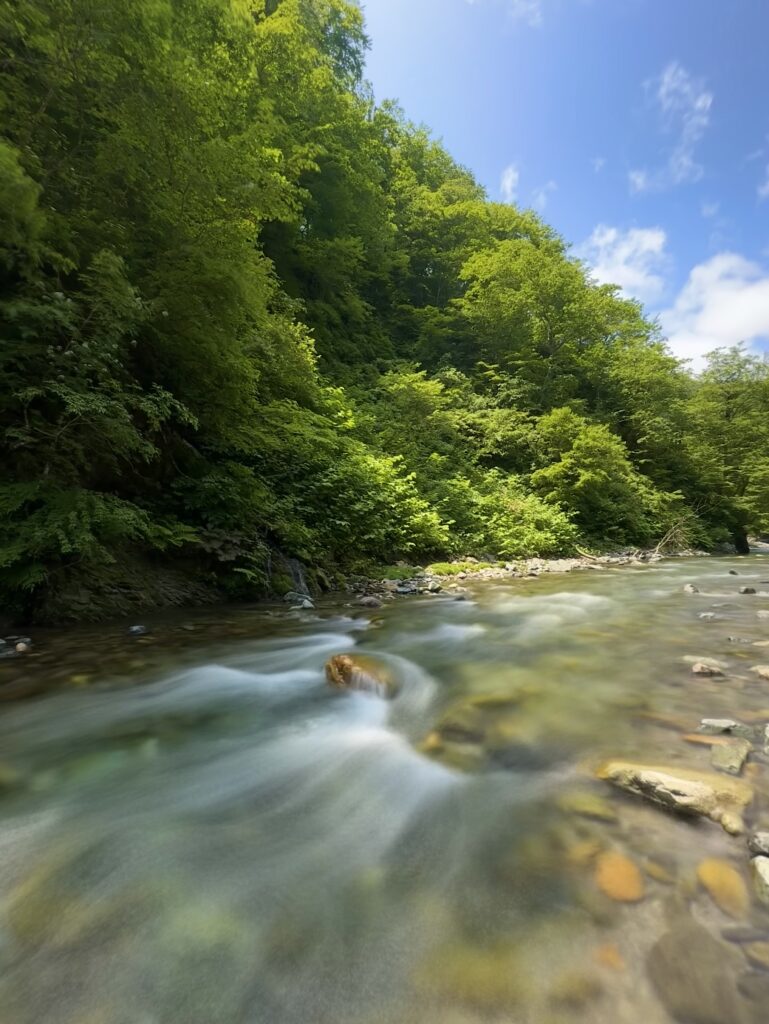
Became a patrolman of Shirakami Sanchi
It is my best honor that, as of June 1st 2024, I was welcome to join a troop of patrolmen of Shirakami World Natural Heritage Site. The group is under the Tohoku Regional Forest Office, a governmental organization which manages the national forests of Japan. Actually, the patrolmen conduct a voluntary patrolling and inspection in the world natural heritage site. If any illegal or harmful act were observed there, it would be immediately reported to the office to initiate an action to keep preserving the precious primeval forest.
1st patrolling in the buffer zone
In early June, 2024, a senior patrolman living in Akita made me experience how patrolling and inspection should/could be done. We entered a closed forest road, hiked down to Kasuge River. Its upstream starts in mountainsides of Mt.Futatsumori in the core zone and the main flow goes through the buffer zone. Through the inspection, we found two pieces of evidence to show human intervention.
One was a plastic object used in road construction. It is assumed that it dropped down from the east mountain side which does not belong to the heritage site.
The other is a bait box for fishing. Any fishing is prohibited in the world natural heritage site unless a prior approval by the agency for scientific research. It is likely that an angler tried conducting an illegal fishing.
Black Bears
During patrolling, we observed many pieces of evidence proving that black bears are very active in Shirakami Sanchi. Recently, more and more pieces of news are coming in, saying people were attacked by black bears. Such “urban bears” need to be eliminated. But bears living in deep mountains do not want to interact with human beings. It is a good news that we were able to confirm activities of such “deep mountain bears” in the World Natural Heritage Site. Because this is a piece of evidence that Shirakami’s forests with diversity in ecosystem have been preserved well.
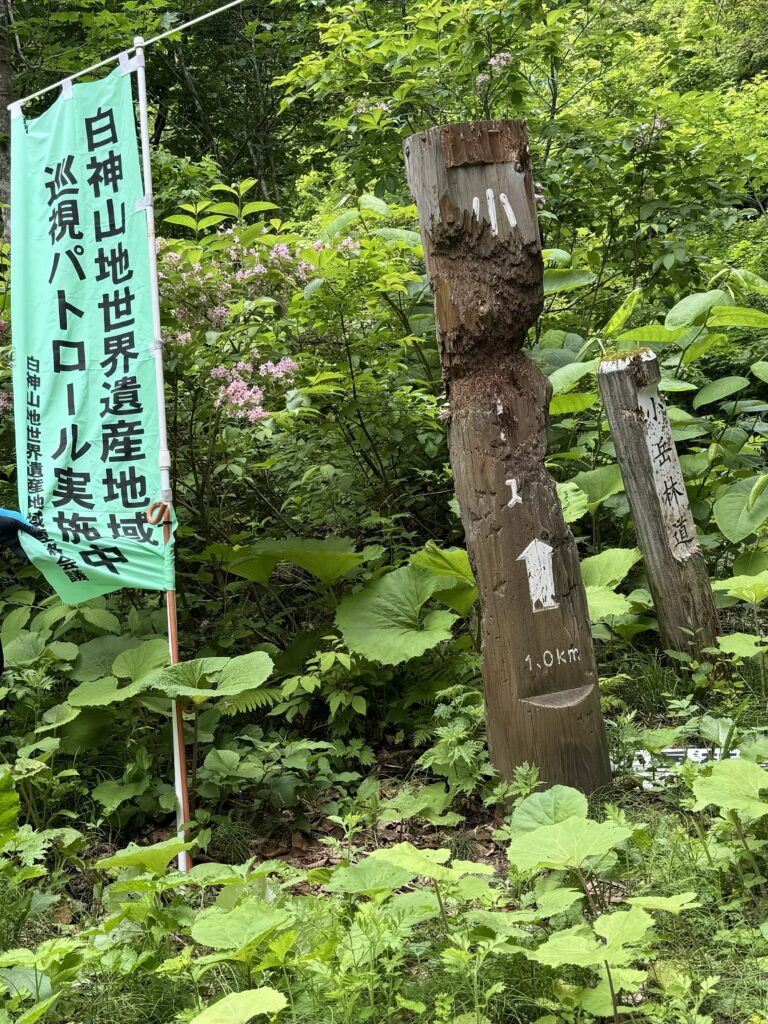
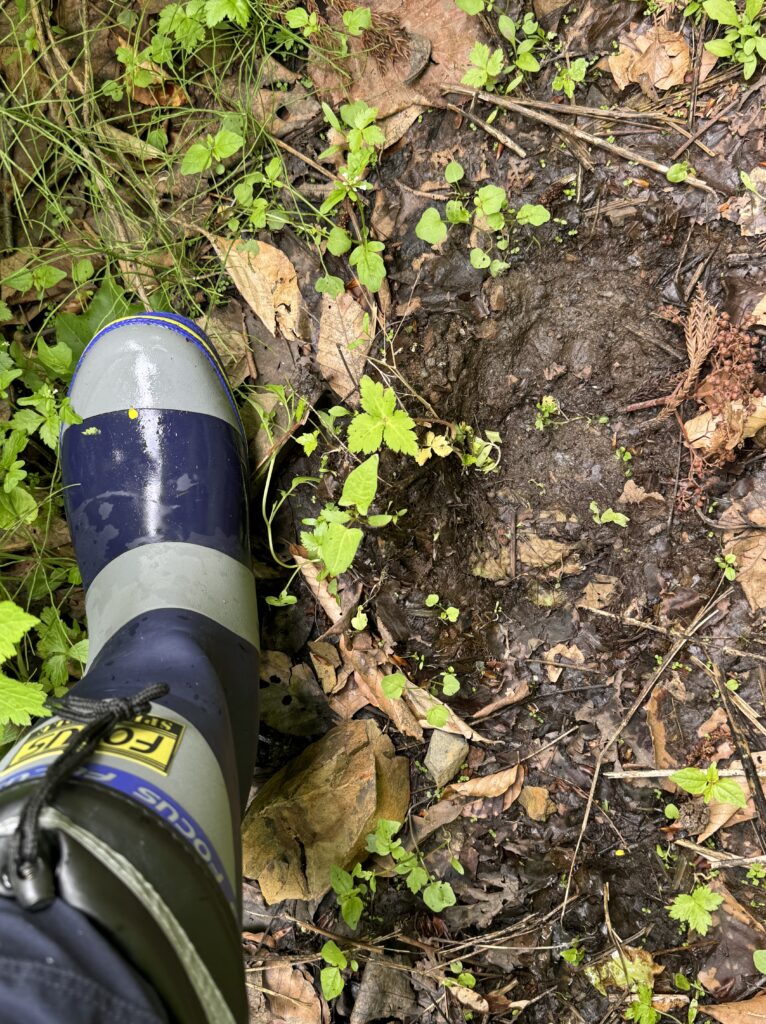
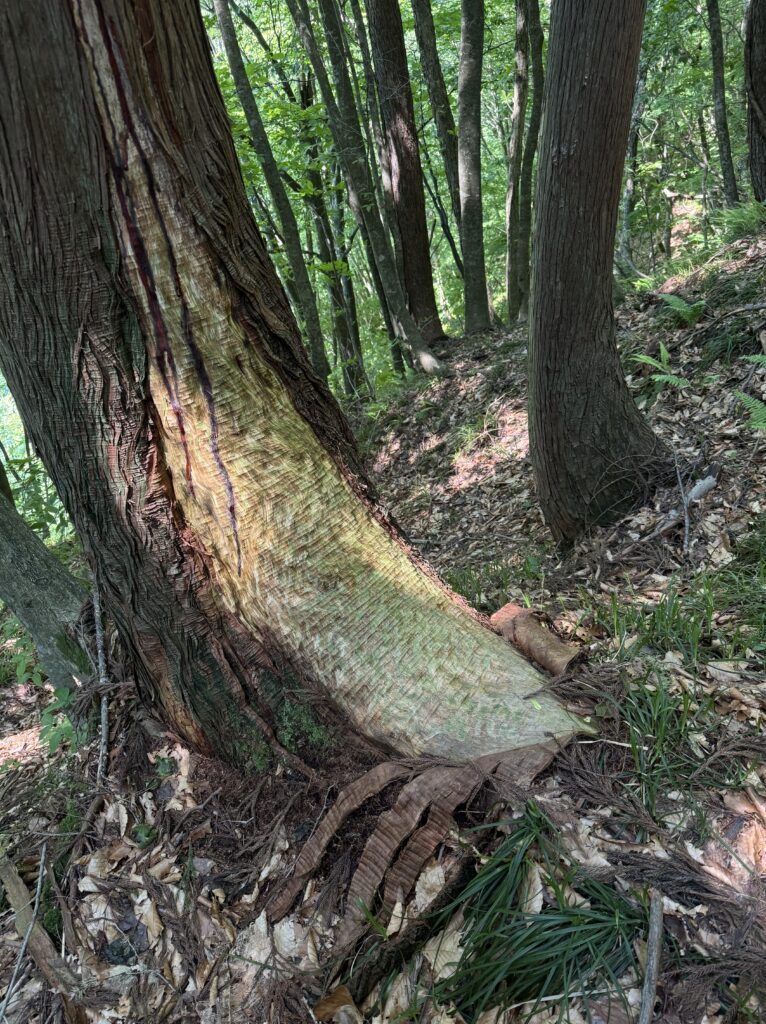
Left: Bites by black bears on a direction pole
- Left: Bites by black bears on a directional wooden pole
- Center: A footprint of a black bear
- Right: Bark of a ceder tree peeled by a black bear
I visited Shirakami Sanchi eight times last year for guiding. The number should increase because, on top of guiding, I plan to volunteer patrolling and inspecting Shirakami World Natural Heritage Site. This is to provide a piece of contribution to preserving a great forest of Buna beech trees.
Jin Shibata
If you have any feedback, please fill in the following. Your message will be sent to the author of this article. Thank you so much for your visit to the site!

